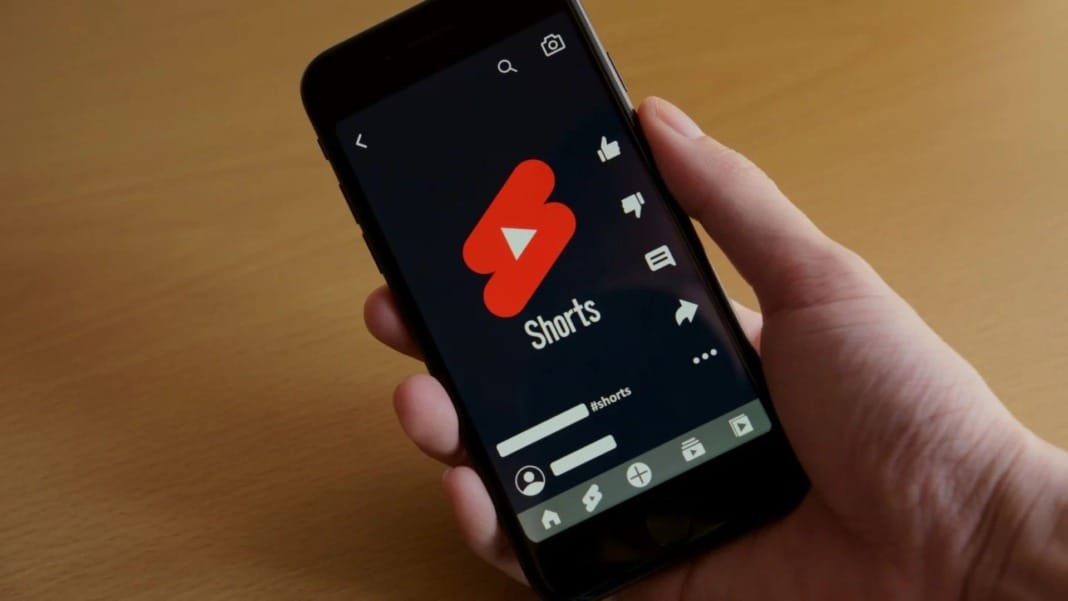Thanks to an experimental AI tool, musicians and creators may soon have an innovative way to remix their tracks on YouTube. The feature is being rolled out to select creators and promises to revolutionise how music is reimagined for content creation.
A new way to reimagine music
The new tool builds on YouTube’s Dream Track, which was introduced last year. Dream Track allows users to create music using text prompts and prerecorded vocals. Several popular artists, including Charli XCX, Demi Lovato, John Legend, Sia, T-Pain, and Charlie Puth, have authorised using their vocal likenesses, providing creators with a vast library of professional sounds to explore.
This remixing tool works as a virtual co-producer. You can transform an existing track into a completely different genre with just a few inputs. Imagine taking a catchy pop song and turning it into a reggaeton hit or crafting a thrash metal interpretation of a classical piece like the 1812 Overture.
In its announcement, YouTube explained how the tool works: “If you’re part of the experiment, you can choose an eligible song, describe how you want to restyle it and generate a unique 30-second soundtrack for your Short.” Restyled tracks will include clear attribution to the original song within the Short and on its audio pivot page. Importantly, these tracks will be labelled as AI-generated to ensure transparency.
This feature particularly benefits content creators who want unique, personalised video soundtracks. Instead of defaulting to existing tracks, you can now create something that perfectly fits your vision.
Powered by AI technology
The remix tool runs on Google’s Lyria large language model, designed to create original musical scores based on user prompts. Lyria operates similarly to AI models for generating images or videos, focusing entirely on audio. The result is a powerful tool that enables creators to explore new musical styles and combinations easily.
As with other AI-generated content on YouTube, all tracks created through this tool will be marked to indicate their AI origins. While Google has not confirmed if its SynthID watermarking system will be applied to these tracks, it has assured users that transparency remains a priority.
This new feature is another step in making AI more accessible and practical for creators. By simplifying the process of genre-bending remixes, YouTube provides tools that encourage experimentation and creativity.
Whether you’re an aspiring musician or a creator looking to enhance your videos with custom soundtracks, this AI-powered tool opens up new possibilities. For now, the feature remains in testing, but it’s poised to significantly impact the music and content creation landscape.





